During the days of struggle for independence, Pundit Jawaharlal Nehru was set in the hear t of ever y Indian. However after he took over the administration, it was found that he was more of a dreamer than a realist. His concept of a socialistic pattern of society was utopian, and the realm of control and regulations that he introduced stifled the economic growth of the country. The situation got worse when Indira Gandhi and her stooges star ted using the controls for personal ends. The corruption that she gave vent to has been continually growing like cancer. It has crossed all bound sand we are now witnessing the politicians unashamedly accumulating property by indulging in large scale corruption.
But corruption is not the only ailment of the country. The policy initiated by Nehru and perpetuated by the followers has given rise to various other ills that have been deeply affecting the social fabric. While pondering over the conditions prevailing at present I feel that India has been rushing towards catastrophe in economic, political and social spheres. Unless the engine is put in reverse gear, we are going to face the devastation. I am therefore putting below some suggestions that can help in preventing it.
Idea of india how to make it click
1. Introduce Presidential system of governance
Our Parliamentary system of government was adopted because of our association with the British rule. It was, however,overlooked that the system needs vigilant public opinion and the presence of two strong parties that can take over the administration. These conditions did not exist in India.
The problems arising from the absence of two capable parties did not come to the notice so long as there was one party strong enough to continue at the helm. The weakness of the system became evident after the fall of congress party from the hegemony. Not only did that lead to unstable administrations, it also led to mismanagement and gave rise to large scale corruption. Maintaining majority at any cost has turned out to be the main job of the Prime Minister and Chief Ministers. Whenever they find that the majority is at stake, they have to go in for purchasing the required number of heads. Everyone knows the level of corruption indulged during the vote of confidence session of parliament last year.
 Corruption is a cancer that cannot be rooted out so long as there are chances for getting corrupted. The only way to control it is to reduce the chances. Our Parliamentary system has been conducive to its growth. In order to avoid it we need to adopt the Presidential system under which the administration can be carried on by the President at the Center and Governors at the State levels elected to govern for five years irrespective of the majority. That would avert this constant struggle to maintain and pay for a majority headcount. Moreover, the scramble that we witness for getting elected as legislators prevails, because every legislator aspires to get a ministerial berth and use it for personal gain. Under the Presidential system legislators would be ineligible to hold administrative positions. That will put an end to the undue craze for becoming a legislator. Only those who are really interested in working as legislators would then contest the election. The temptation for becoming a legislator would thus go down and that will curtail the chances for indulging in corruption.
Corruption is a cancer that cannot be rooted out so long as there are chances for getting corrupted. The only way to control it is to reduce the chances. Our Parliamentary system has been conducive to its growth. In order to avoid it we need to adopt the Presidential system under which the administration can be carried on by the President at the Center and Governors at the State levels elected to govern for five years irrespective of the majority. That would avert this constant struggle to maintain and pay for a majority headcount. Moreover, the scramble that we witness for getting elected as legislators prevails, because every legislator aspires to get a ministerial berth and use it for personal gain. Under the Presidential system legislators would be ineligible to hold administrative positions. That will put an end to the undue craze for becoming a legislator. Only those who are really interested in working as legislators would then contest the election. The temptation for becoming a legislator would thus go down and that will curtail the chances for indulging in corruption.
2. Scrap controls and regulations
Another aspect that gives rise to corruption is the regime of controls and regulations. Influenced by the Soviet model, Nehru was enthused to lead the country towards economic development by wielding State authority. He ignored the fact that Soviet Union had failed to achieve any measurable degree of economic growth even while exercising total authority over the life of people. In a bid to metamorphose the country Nehru created a maze of controls regulating every aspect of life. He failed to see that Government machinery is ill suited to exercise the controls in public interest. The result is the large-scale corruption prevailing in implementing the controls.
 With the inauguration of liberalization some controls have been removed and the rigors of some have been modified. What is, however, required is to do away with the controls to the extent possible. For instance, with the comfortable foreign exchange reserve, no control is necessary on foreign exchange and the rupee should be made fully convertible. Similarly there is no need for measures like the Industries (Development and Regulation) Act and they should be repealed. Not only do such controls lead to corruption, they also tend to inhibit entrepreneurship. Their removal will reduce the chances for corruption. Moreover, it will give rise to healthy competition and will lead to sound economic growth.
With the inauguration of liberalization some controls have been removed and the rigors of some have been modified. What is, however, required is to do away with the controls to the extent possible. For instance, with the comfortable foreign exchange reserve, no control is necessary on foreign exchange and the rupee should be made fully convertible. Similarly there is no need for measures like the Industries (Development and Regulation) Act and they should be repealed. Not only do such controls lead to corruption, they also tend to inhibit entrepreneurship. Their removal will reduce the chances for corruption. Moreover, it will give rise to healthy competition and will lead to sound economic growth.
3. End deficit financing
The concept of preparing the annual budget was evolved with the intention to adjust expenditure to the level of revenue. If it was necessary to spend more than the estimated revenue, the budget would propose the measures for raising more revenue. If, however, the shortfall is negligible, it could be left as uncovered deficit. But that concept has been set aside and we are witnessing deficits to the extent of trillions of rupees. Such deficits are bound to lead to inflation. Expansion of currency without adequate backing results in effective devaluation of rupee, which becomes evident in the form of rise in prices.

Though other factors like high prices of crude oil may play their part from time to time, deficit financing has been the main cause for continuing rise in prices. The biggest culprit for our budget deficit happens to be the Planning Commission. Nehru had introduced planning with a good intention, and that worked well during the first two Plans. Thereafter the emphasis of planning has been shifted to spending. If the amount planned for a head is spent even without achieving tangible result, the plan is considered as having fulfilled the target; while effecting economy on a plan head is treated as the shortfall of the plan. In short, it has been a spending spree and the money gets divert- ed to the coffers of politicians and other unscrupulous people. The Planning Commission has lost the plot and has been virtually planning for inflation without growth. Since it has ceased to serve its purpose, it is time to scrap it and put deficit financing to the end.
4. Make English our official language
English language now occupies the international status. Its importance can hardly be exaggerated, when millions of our countrymen have been living abroad. Its importance for scientific studies also is indisputable. No wonder that many families have been sending their children to English medium schools. The time for treating English as a foreign element has long been past.
 Adoption of regional languages as the medium of State administration has given rise to all sorts of fissiparous tendencies. That needs to be put to an end to in the interest of unity in the country. It should also be noted that the people in South have been clamoring for retaining English at the administrative level. Adopting English as the official language at the Center and State level would not only placate the South, but will also provide an efficient medium for administration. Moreover, it will help in forging the sense of unity that was witnessed during the British rule.
Adoption of regional languages as the medium of State administration has given rise to all sorts of fissiparous tendencies. That needs to be put to an end to in the interest of unity in the country. It should also be noted that the people in South have been clamoring for retaining English at the administrative level. Adopting English as the official language at the Center and State level would not only placate the South, but will also provide an efficient medium for administration. Moreover, it will help in forging the sense of unity that was witnessed during the British rule.
5. Implement common civil code across India
Though our constitution forbids discrimination on the ground of race, religion etc. we happen to have a Hindu Civil Code. Nehru had come out with the Hindu Code Bill because he was not willing to hurt the sentiments of conventional Muslims.
Hindus have long been feeling unhappy on account of the Civil Code being restricted to them and have been clamoring for a Civil Code applicable to all .Whatever be Nehru’s motive, there is no justification for restricting the provisions of Civil Code to a particular sector of the society. The Supreme Court also has directed the Government to approach it with a Common Civil Code. The administration has, however, ignored it in order to avert displeasing the Muslim voters.

In case, the leadership is too sensitive to Muslim sentiments, it can come out with a Common Civil Code together with the provision for an Islamic Code to be adopted by Muslims as an option. That Code should cover every provision in the Islamic canons inclusive of crude punishment for offenders, disavowal of interest on investment, etc. Muslims will think twice before opting for such a code. Since Islamic tradition heavily discriminates against women, the Code should provide for exercising the option jointly by husband and wife.
6. Quota on caste, not community
The reservations based on backwardness have created a rift within the society There was justification for reservation in favor of scheduled castes, because they were kept backward by the society. No other community was so debarred; they have remained backward on their own. They can surely be encouraged to come forward by providing in he belongs to a particular community. centives in the form of scholarships etc. but reservations for them in administration or educational institutions can in no way be justified. The Government is not an employment exchange.Its machinery is expected to function in the interest of people.Integrity and efficiency are the essential requisites for it. Its employment policy should be based on those criteria. Providing reservation there in leads to inefficiency and loss of integrity. No one would have the incentive to function efficiently, if his colleague or a subordinate is going to be his boss simply because he belongs to a particular community.
The reservations in educational institutions are leading to sub-standard outcomes. How could it be safe to have doctors with lower caliber to treat the patients?
It is hazardous. Similarly an engineer with sub-standard caliber cannot be expected to undertake reliable work. Indira Gandhi had favored the policy of reservation in order to pursue her parochial ends. It is now the time to reconsider it in the over all interest of the country.
But the policy adopted so far has created well entrenched privileged classes and the backward communities would oppose curtailment of the favors granted to them. They, however, need to understand that the reservations are meant to enable the backward people to come forward;continuing the same indefinitely amounts to perpetuating the backwardness. That fact can take some wind out of the sail of proponents of reservations.The consensus should therefore be arrived at for reservations to lapse after a reasonable period. Thereby it would be possible to put an end to discrimination’s, which have created rift within the society. The importance of forging unity would be particularly palatable at the present juncture. The enlightened people would wholeheartedly endorse such a move. It is hard to make out how the system has been perpetrated by the judiciary.
7. High time to check population explosion
We have been facing a population explosion. The population has grown almost fourfold since the independence. The measures taken so far have failed to restrict growth,because majority of the people refrain from adopting birth control measures. The growth in population sets at naught the progress in every other field. We should therefore be willing to adopt an effective policy for containing the population.
Such a policy should be deterrent enough to restrain the people from generating more children. Our people are very sensitive to payment of taxes and would like to avoid them whenever possible. In order to take advantage of that sensitivity it is necessary to introduce a tax on people who have more than two children. Every couple producing a third child should be subject to pay tax at the rate of Rs.1000/- (subject to revision from time to time) per month for 10 years starting from the birth of the third child. The liability to pay the tax for that period should continue irrespective of the child’s lifetime. Otherwise there would be a tendency to put it to death.Moreover, during the said period of 10 years if the couple produces another child, not only would it have to pay the tax on both the children, it should also be subjected to a surcharge at the rate of 25 percent of the tax payable otherwise.

These provisions would induce people to adopt birth control in their own interest. It is obvious that most people will fail to pay the tax, and it would not be possible to put all such offenders in jail. It should therefore be provided within the Act that those failing to pay the child tax will be subject to mandatory sterilization.I strongly believe that if we start initiating the seven points mentioned above, India will be well on its way to assume its place at the world top table.
(MANSUKHLAL (MANU) DOSHI was born in Mahuva (Saurastra), in December 1919, and moved to the US after re- tiring as the Assistant Commissioner of Industries, Gujarat. He is living in USA now)








 OpinionExpress.In
OpinionExpress.In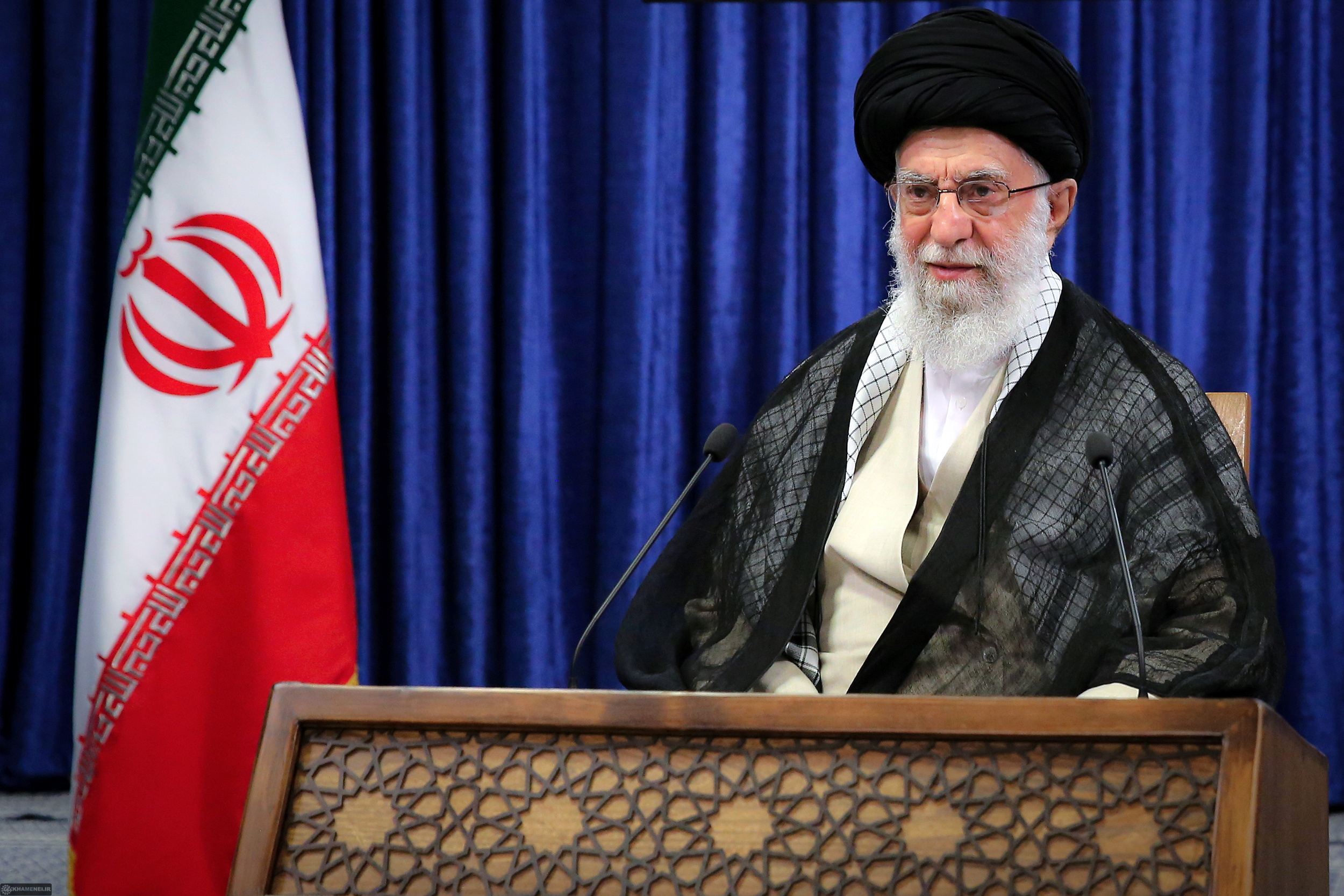
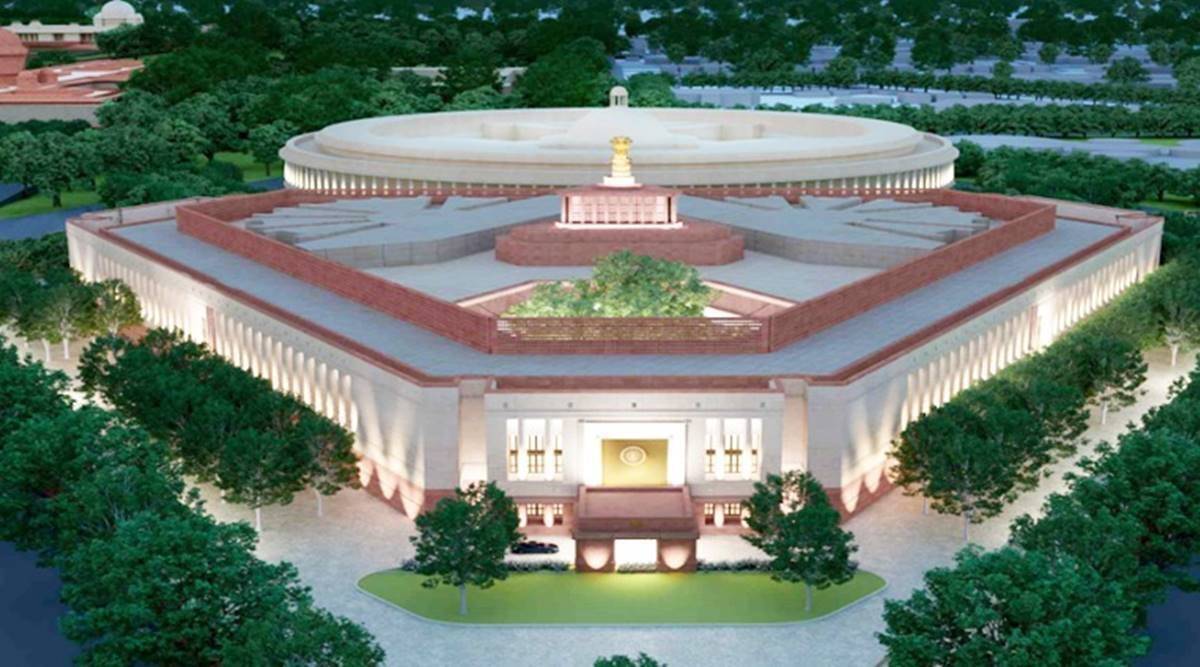

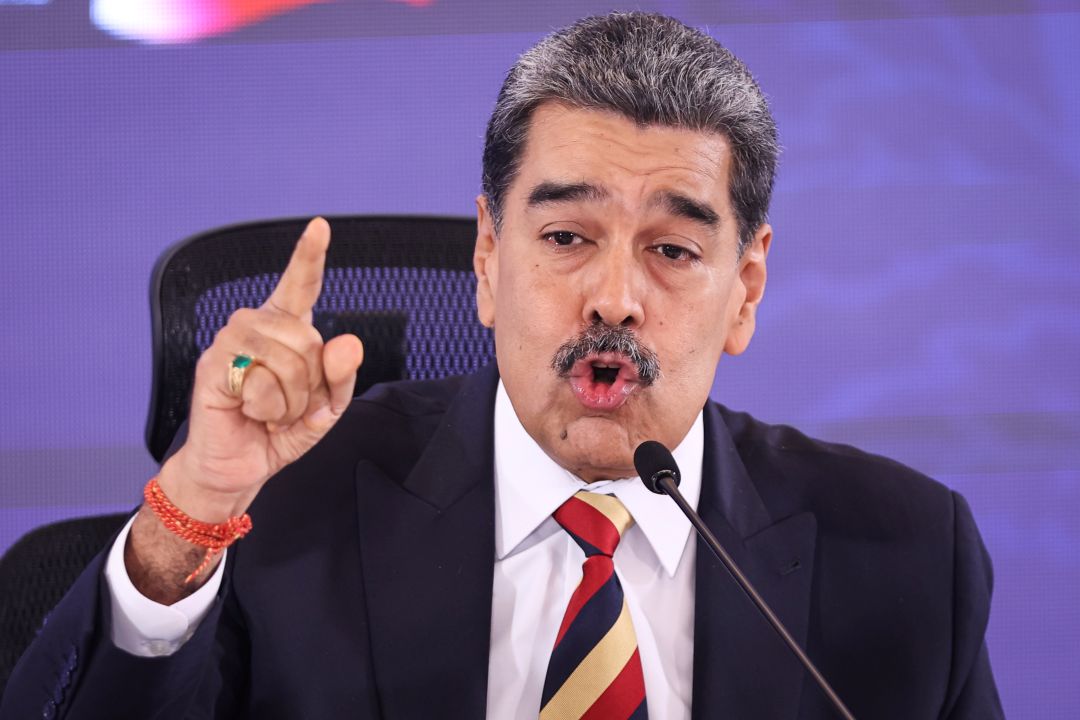

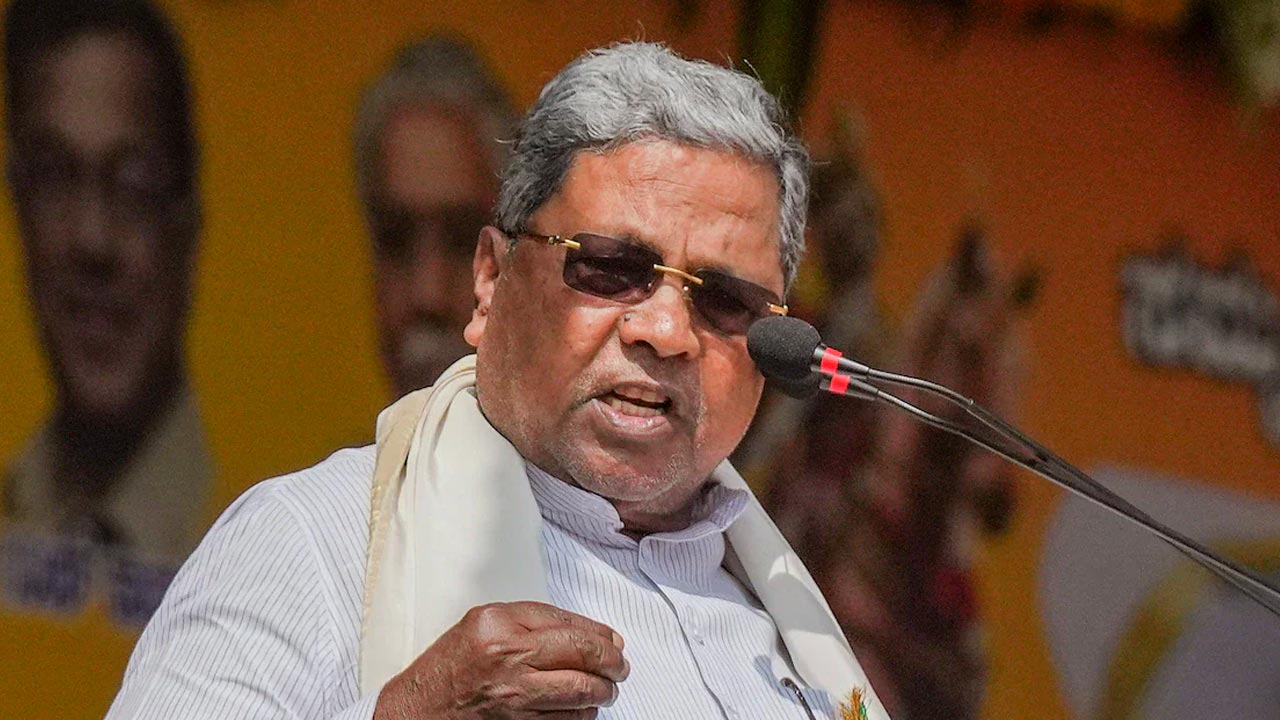
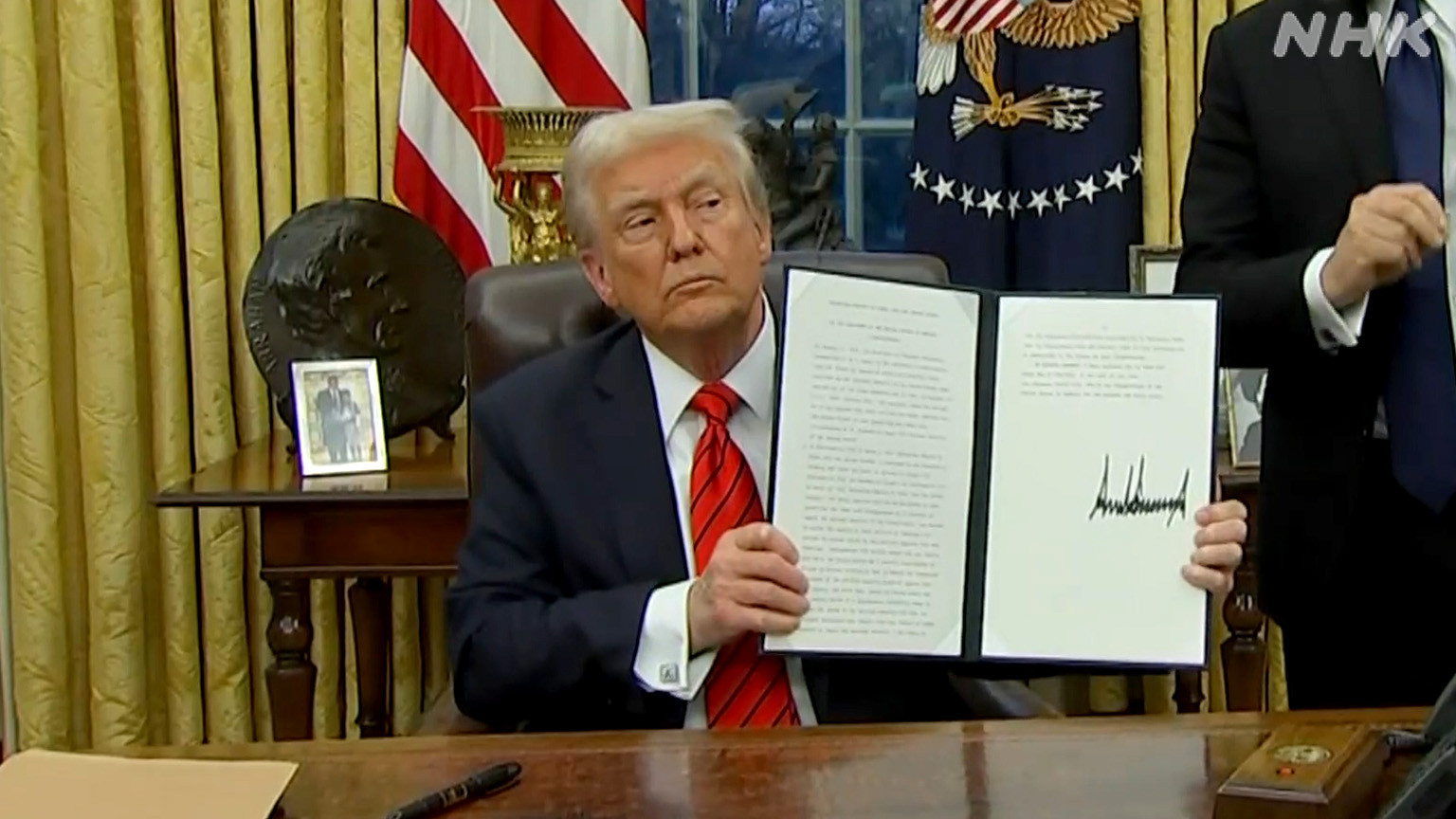
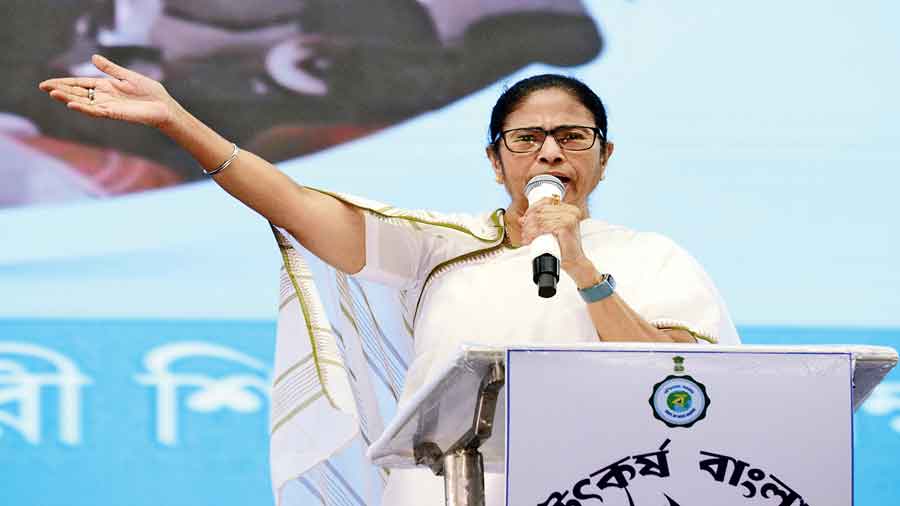
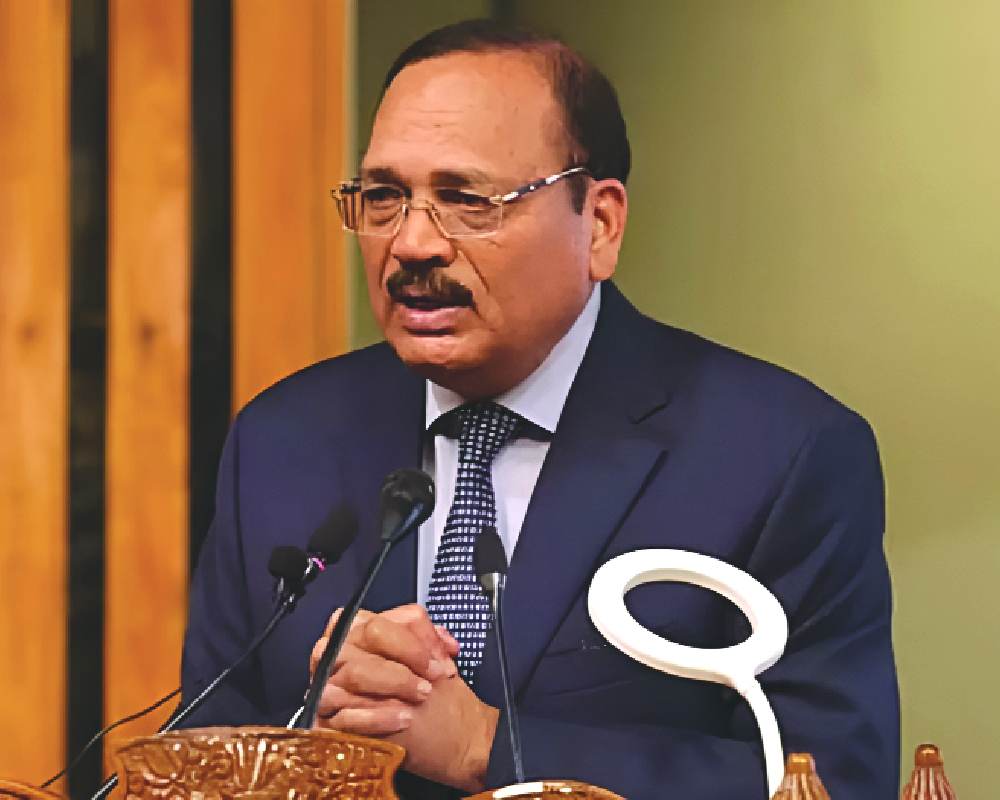
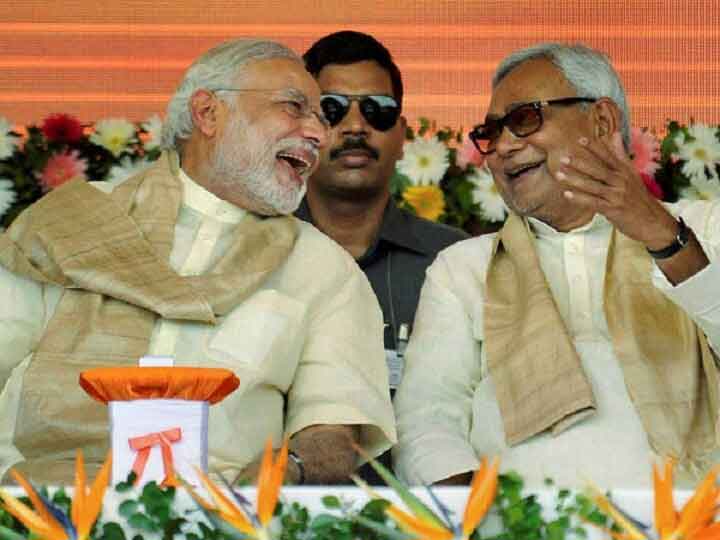






Comments (0)